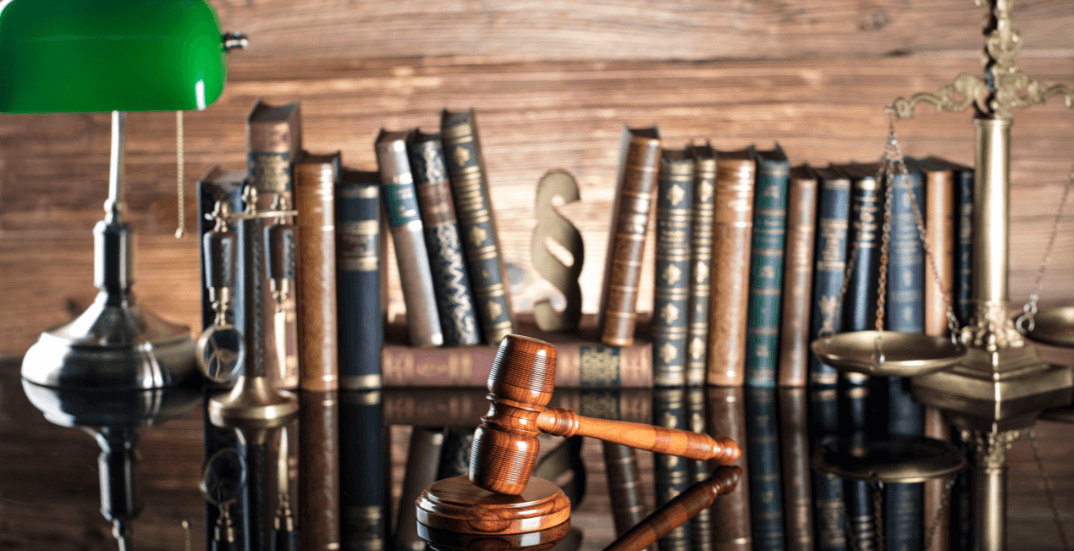
Partner at AKD Lawyers
Practice Areas: Personal Injury, Insurance Claims

A legal system is the backbone of any society, providing the framework for maintaining order, protecting individual rights, and ensuring justice. It comprises the rules, institutions, and processes that guide how laws are created, interpreted, and enforced. Understanding the legal system’s definition is essential for comprehending how societies operate, resolve disputes, and uphold fairness.
“A robust legal system underpins the rule of law, ensuring fairness, stability, and respect for individual rights.” – United Nations Rule of Law Unit.
Overview of the Legal System
Definition and Purpose
A legal system is a structured network of rules, institutions, and principles designed to govern society. Its primary purposes include:
- Resolving disputes between individuals or groups.
- Establishing clear standards of acceptable behavior.
- Protecting fundamental rights and freedoms.
- Upholding justice to ensure fairness for all.
The legal system is the foundation for maintaining social order and fostering a harmonious community.
Key Components
The legal system functions through the interaction of various key components:
- Laws: These include statutes, regulations, and case law that form the foundation of legal rules.
- Enforcement Bodies: Organizations like the police and regulatory agencies ensure compliance with laws.
- Courts: Judges, juries, and trial procedures interpret and enforce laws fairly.
- Legal Professionals: Attorneys and judges provide expertise in navigating legal complexities.
Together, these components ensure the smooth operation of a society based on justice and fairness.

Major Legal Systems Around the World
Civil Law vs. Common Law
Two of the most prominent legal systems globally are civil law and common law:
- Civil Law:
- Relies on codified statutes and laws.
- Judges apply the law as written, with minimal interpretation.
- Common in countries like France and Germany.
- Common Law:
- Based on case precedents set by judicial decisions.
- Judges have significant interpretive power.
- Found in countries like the UK and the USA.
Religious and Other Legal Systems
Religious legal frameworks, such as Sharia law, derive rules from sacred texts. These systems often reflect the cultural and historical values of their regions.
Specialized systems exist for distinct contexts, like tribal laws or maritime regulations.
Comparison of Major Legal Systems
| Feature | Civil Law | Common Law | Religious Law |
| Source of Rules | Codified statutes | Judicial precedents | Religious texts |
| Judicial Role | Apply written code | Interpret precedents | Interpret religious principles |
| Example Countries | France, Germany | UK, USA | Some Islamic states |
Jurisdiction and Application of Law
Constitutional Basis and Legal Principles
Constitutions form the supreme law in most countries, outlining fundamental rights and governance structures.
Additional legal principles come from statutes, case law, and long-standing traditions that define how rules are applied and interpreted.
Practical Examples of Jurisdiction
Jurisdiction varies across regions. For example:
- Marriage laws differ significantly between countries.
- Property ownership regulations vary based on local legal traditions.
- Criminal behavior may be penalized differently depending on a region’s laws.
Understanding local laws is crucial to avoid legal complications when traveling or conducting business internationally.
The Criminal Justice System and Social Responsibility
Law Enforcement
The criminal justice system ensures laws are upheld, and societal norms are respected. Key players include:
- Police: Enforce laws and maintain public order.
- Prosecutors: Represent the state in criminal cases.
- Correctional Facilities: Manage rehabilitation and punishment for offenders.
These entities collectively work to deter crime, ensure accountability, and uphold justice.
Social Responsibility
Every individual must respect laws and contribute to societal harmony. Complying with regulations, supporting community initiatives, and actively participating in justice efforts are critical for a well-functioning society.
“A functioning criminal justice system reflects a society’s commitment to fairness and protecting its citizens.”

Specialized and Practical Legal Knowledge
Key Legal Issues
Legal systems also address specialized issues like:
- Consumer Protection: Ensuring fair business practices.
- Wrongful Death Claims: Providing recourse for victims’ families.
Understanding and navigating these scenarios can make a significant difference when facing legal disputes.
Understanding Legal Processes
It’s essential to know basic legal processes, such as:
- Filing claims.
- Understanding contractual obligations.
- Seeking legal counsel when needed.
Knowledge of these processes empowers individuals to avoid disputes and protect their rights effectively.
Historical and Evolving Legal Systems
Historical Impact
Legal systems are not static—they evolve, reflecting societal changes, historical events, and cultural influences. For instance:
- Landmark cases in the USA have shaped civil rights laws.
- The aftermath of world wars led to the creation of modern international law frameworks.
Studying the history of legal systems provides insight into how societies adapt to new challenges while preserving justice.
Frequently Asked Questions
What is the definition of a legal system?
A legal system is a framework of laws, institutions, and processes that regulate society, resolve disputes, and uphold justice.
What are the key components of a legal system?
Key components include laws, enforcement bodies (e.g., police), courts, and legal professionals like attorneys and judges.
How do civil law and common law differ?
Civil law relies on codified statutes, while common law is based on judicial precedents, giving judges more interpretive power.
Why is understanding jurisdiction important?
Jurisdiction determines how laws are applied in different regions, which is critical for avoiding legal complications when traveling or conducting business.
How does the criminal justice system ensure accountability?
Through law enforcement, prosecution, and correctional systems, the criminal justice system deters crime and ensures offenders are held responsible.
Conclusion
The legal system is a cornerstone of modern society, guiding how laws are created, interpreted, and enforced. From resolving disputes to protecting rights, it is essential to maintain order and justice.
Whether navigating civil law, common law, or other legal frameworks, understanding the basics empowers individuals to make informed decisions and contribute to a fairer world.
Staying informed about your legal rights is crucial. If you’re facing legal challenges or need expert guidance, consult Alvendia, Kelly & Demarest Law Firm—your trusted partners in confidently navigating the legal system.
For expert legal assistance tailored to your needs, contact Alvendia, Kelly & Demarest Law Firm today.
Categories

In 2003, after being dissatisfied with the quality of legal care for victims of car accidents, Roderick ‘Rico’ Alvendia sought to establish a new firm focused on providing high-quality legal services to aid injured victims and their families. J. Bart Kelly, sharing Rico’s passion for upholding justice, joined the firm later that year, and established a partnership.





